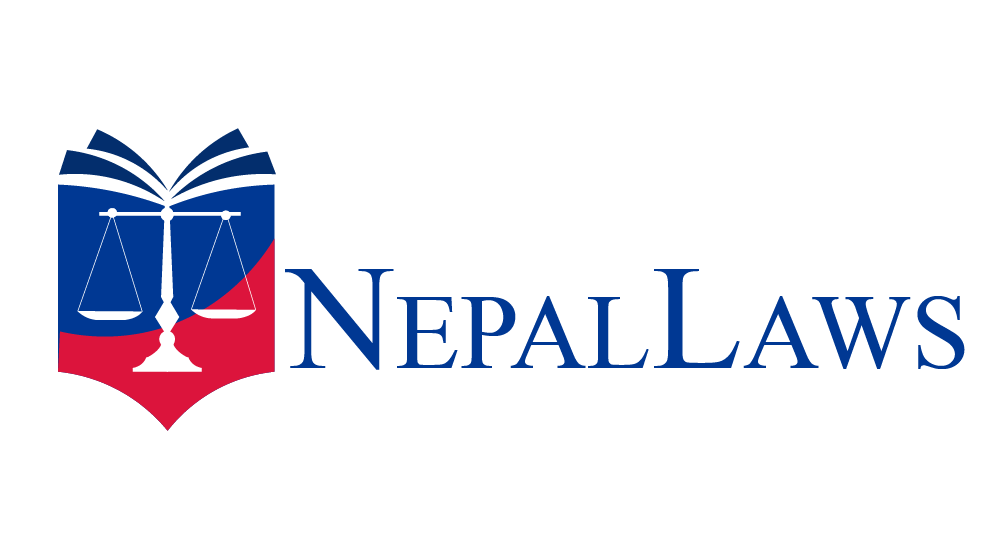The company registrar of Nepal, which manages business registrations in Nepal, has issued a notice. The notice claims that companies with existing penalties coming forward with their documentation between Poush 2081 and Ashad 2082 would get a 90% discount on their penalties.
However, this new ordinance did not discuss the companies that had already filed earlier and paid full penalties. If we analyse, the late filers who ignored the rules for years got a 90% penalty waiver, while early, compliant filers who paid penalties on time got no benefit.
Due to this provision, it has been unfair for many business owners and responsible citizens who followed the rules and filed all the penalties on time.
How Fair and Effective Is the Ordinance in Practice?
In 2081, the government made an ordinance under the Companies Act 2063, and this ordinance gave a 90% waiver on penalties for companies that had not filed their necessary documents, but only on the condition that they filed between Poush 2081 and Ashad 2082, that is, mid-January to mid-July 2025.
This new rule added a clause (7) of Section 81, stating that “if a company submits its required documents by the end of Ashar 2082, which is mid-July 2025, it will get a 90% discount on the penalty for the late submission.”
At the prima facie, this added clause looked like an impressive and helpful move of the Government of Nepal and the concerned authorities.
If we are looking for the positive side of this ordinance:
- A lot of companies had fallen behind on filing paperwork.
- Penalties had grown so large that many businesses could not afford to pay.
- Providing a one-time 90% waiver would help them maintain their flow and become legally compliant again.
The main focus of this ordinance was to promote a business-friendly environment to support entrepreneurs and bring more businesses into the formal and legally binding system.
The government announced a 90% penalty waiver for companies that file their documents by Ashar 2082, but did not state which companies are qualified for this benefit, and published only the deadline for the submission.
However, the Office of the Company Registrar internally decided on company document filing only after Poush 29, 2081. The Registrar failed to include this notice in the ordinance, creating confusion among the business owners.
However, the positive side of this ordinance does not overshadow the fact that business owners who filed for penalties early have become the victims of the unfair side of the system. This may even have a negative effect on any companies and their owners for future penalty payments and documentation.

How does the Penalty Structure Work under the Company Act 2063?
If you are trying to understand this big issue, you need to know how penalties are calculated under Section 81(2) of the Company Act 2063.
Companies must submit certain documents every year to the Office of Company Registrar, if they miss deadlines, they are fined based on:
- how big the company is according to paid-up capital
- how late the filing is
Here is the table for capital and the time duration:
| Delay Period | Capital up to 25 Lakhs | Capital up to 1 Crore | Capital above 1 Crore |
|---|---|---|---|
| Up to 3 months | NPR 1,000 | NPR 2,000 | NPR 5,000 |
| 3 to 6 months | NPR 1,500 | NPR 3,000 | NPR 7,000 |
| 6 months to 1 year | NPR 2,500 | NPR 5,000 | NPR 10,000 |
| More than 1 year | NPR 5,000 | NPR 10,000 | NPR 20,000 |
For waiver, if a company with capital over 1 Crore has not filed for 10 years, the penalties would be NPR 2 Lakhs, just for one section of the Company Act.
However, there are multiple sections companies must follow, like section 51, which is related to records of shares, debentures, and loans. In addition, section 80 addresses Annual General Meeting (AGM) minutes and annual financials.
Under section 81(2) of the Company Act 2063, companies that delay the filing of required documents face increasing penalties based on the size of their paid-up capital and the length of the delay.
What Was the Business Owners’ Reaction to OCR’s Decision?
Business owners and professionals did not stay silent and raised their voices against this unfair waiver brought by the government through ordinance.
One of them, Advocate Ram Bahadur Shahi, even filed a writ petition in the Supreme Court with a strong argument that the OCR’s actions were unconstitutional and went against the Company Act 2063 as amended by the new ordinance titled, “Ordinance to Amend Certain Nepal Acts to Improve the Economic and Business Environment and Increase Investment.”
Here are the demands of the writ petition:
- Cancel the OCR’s 2081/11/19 notice and extra conditions
- Order the OCR to follow the ordinance as it is written
- Stop the unfair rules immediately through an interim order
Will the Supreme Court’s Intervention Change the OCR’s Rules?
In the reply to the writ petition, the Supreme Court issued an interim order as a temporary stop, and for now, the Court has put a hold on all penalty-related actions under the new ordinance until a final decision.
Here are some major points which are included in the interim order given by the Supreme Court:
- No more 90% penalty waivers are being processed.
- The waiver cannot be applied selectively.
- No more unfair advantages to late filers while others are left confused.
However, this is not the final decision so that anything can happen, and the court is bound to give a decision soon.
What Areas Could Be Improved?
The burning issue is not just about one unfair rule. Khatapana, a financial, legal, and tax-related website, highlights how poorly we treat businesses that try to follow the law. Here is what must change in the new ordinance:
- Equal Waiver for All – Provide the 90% penalty waiver to every company, no matter when they filed.
- Clear Implementation Guidelines – Major legal relief should come with published, accessible terms to avoid confusion.
- Transparency in Reforms – Any reform must include stakeholder consultation, advance notice, and consistent implementation.
Having said this, even countries like the UK and their governing body, HMRC, issue such notices to improve entrepreneurship, business environment and eventually the economy of the country. So, the government could provide a refund for companies that filed early for their penalties. This move could justify the ordinance and make it fair as well.
Conclusion
The recent penalty waiver under Nepal’s Company Act was meant to support struggling businesses, but ended up rewarding late filers and punishing those who followed the rules. The Office of the Company Registrar’s (OCR) waiver came across as unfair and biased, causing confusion and frustration.
Furthermore, the Supreme Court has intervened with an interim order to stop this injustice. Legal reforms must be fair, clear, and transparent, with equal treatment for all companies, proper guidelines, and honest implementation. Businesses that follow the law should be respected, not penalised.




